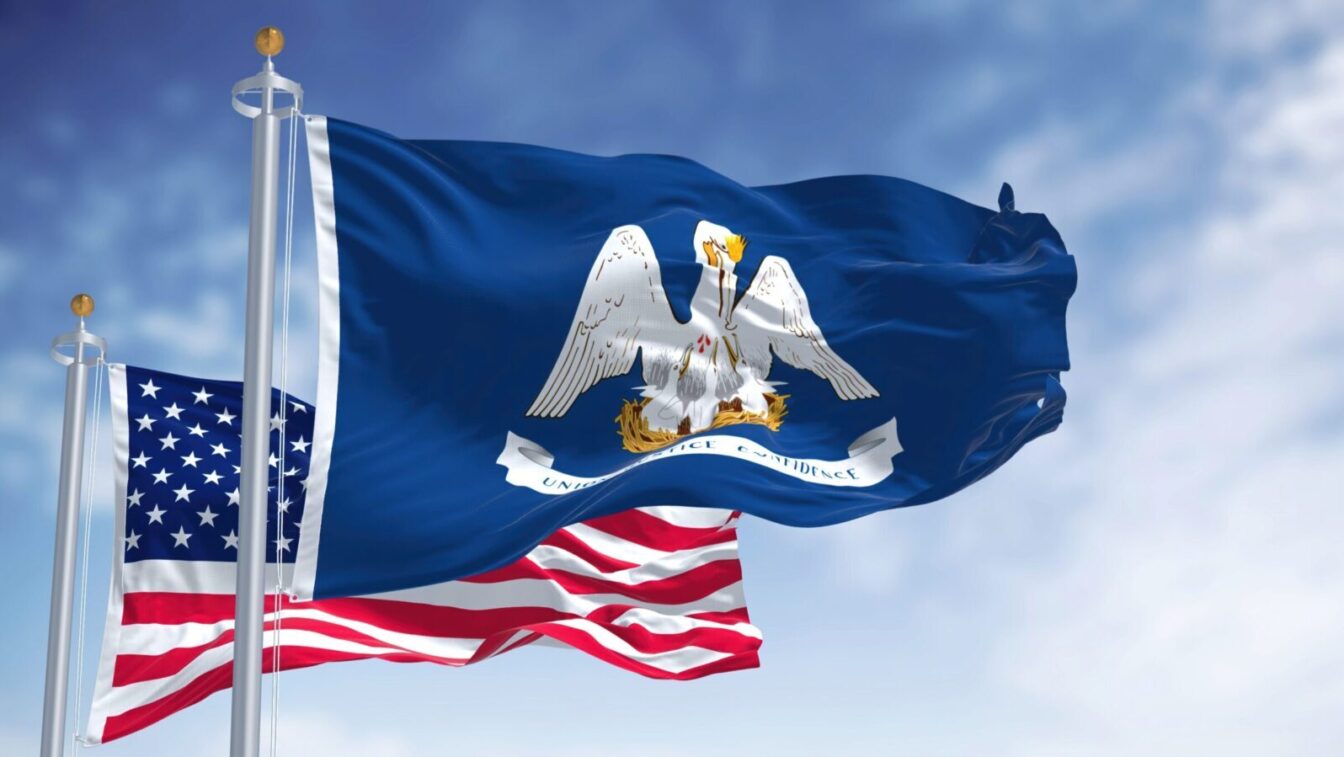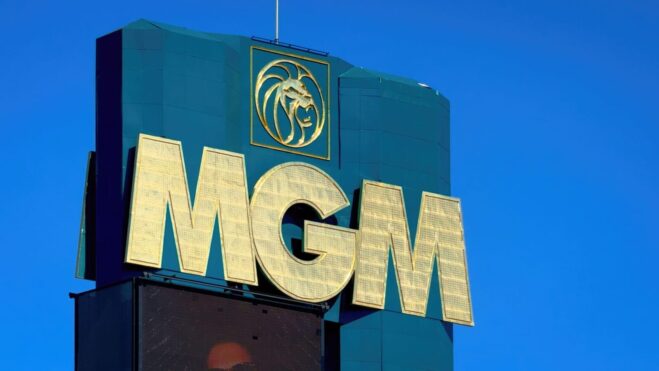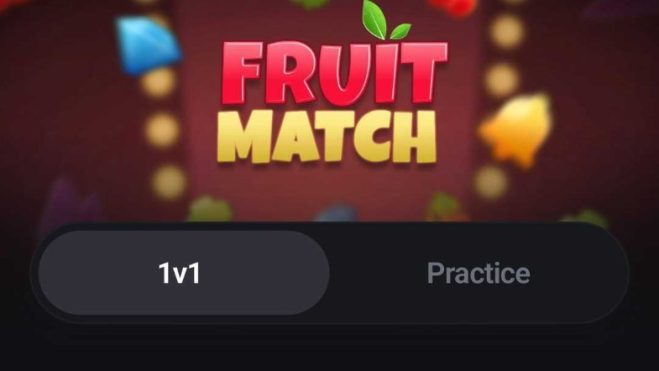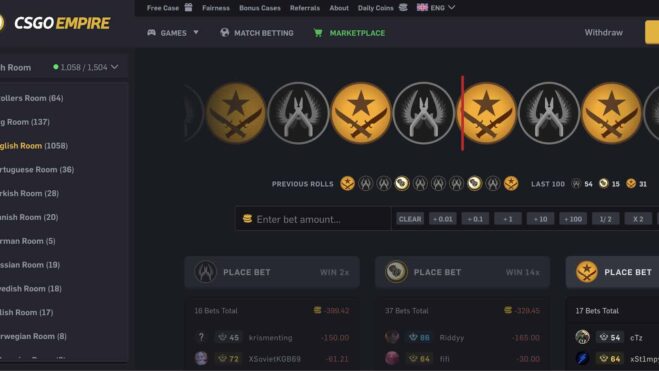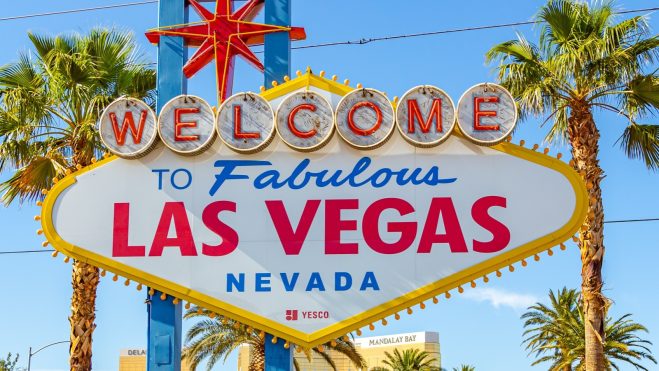Connecticut Anti-Sweeps Bill Heads To Governor’s Desk
No muss, no fuss in the Nutmeg State as anti-sweeps language easily passes in the House
1 min
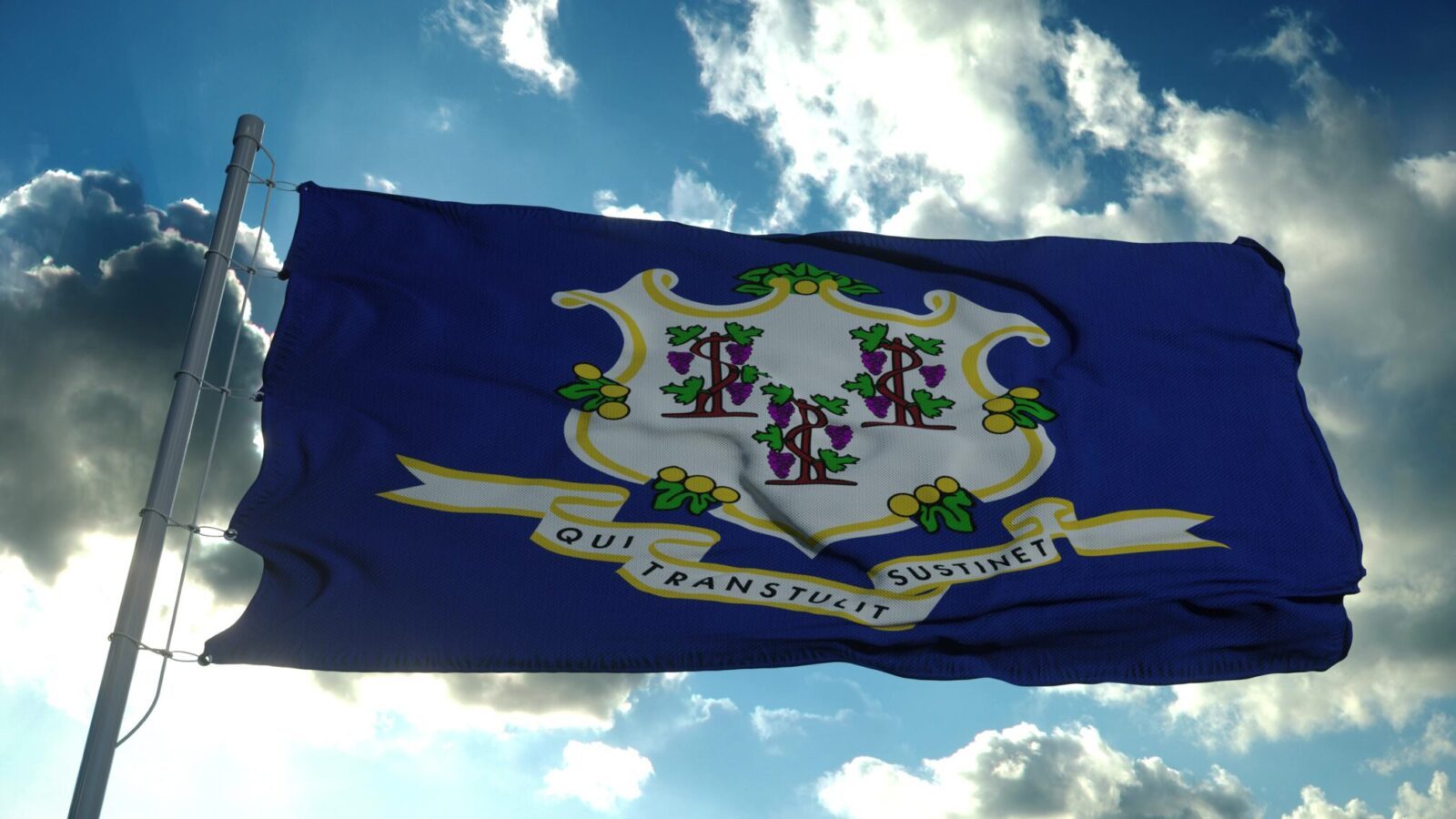
The state of Connecticut is the governor’s signature away from banning online casino sweepstakes after SB 1235 unanimously passed in the House of Representatives on Tuesday.
The bill required and got concurrence in the Senate after an amendment was included prior to the House vote. The legislative session ends Wednesday, which means Gov. Ned Lamont can sign it into law with immediate effect, or it can become a law after 15 days without his signature if he does not expressly veto the bill.
Connecticut is the second state to move to the cusp of banning online sweeps this week after Louisiana’s House of Representatives unanimously moved SB 181 forward Monday. If the Connecticut bill becomes law, the ban would take effect Oct. 1.
There is legislation to ban online sweepstakes casinos in statehouses in New York and New Jersey, and they are already banned in Montana and Nevada.
A relatively easy passage
The bill was presented in the lower chamber by Rep. Roland Lemar, and the online sweeps ban was part of a whole series of technical changes to multiple gaming verticals in the Nutmeg State.
There were no queries to Lemar regarding the online sweepstakes portion of the bill, which included an amendment in which no person shall conduct or promote a sweepstakes or promotional drawing that “allows or facilitates participation in any real or simulated online casino gaming or sports wagering.”
Previous existing language in the bill proposed to ban sweeps that are “not related to the bona fide sales of goods, services, or property [or] uses a simulated gambling device.”
One of the points of contention among proponents of online sweepstakes casinos is that such a ban may lead to the unintended consequence of similar bans for non-gaming companies (think Starbucks or similar), that have membership rewards programs.
There is a specific subsection in the bill that addresses such an instance, noting those types of sweepstakes are legal if “the prize is not redeemed or redeemable for cash and the prize is only used as a discount to reduce the price of items purchased from such retail grocery chain. It also establishes the definition of a retail grocery chain as an operator or franchisor with five or more establishments “whose primary business is the sale of groceries.”


